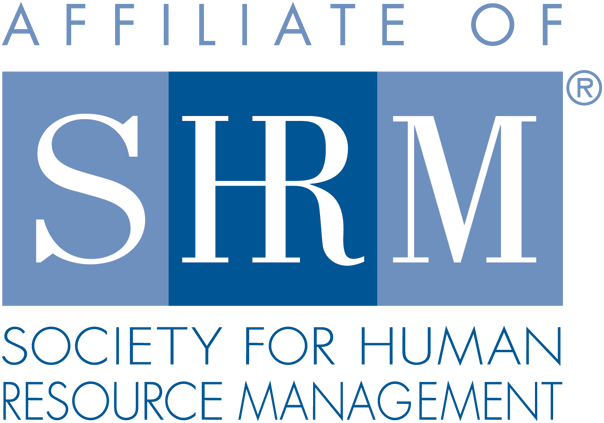
| Past Issues | Advertise | www.nehra.com | insights archive |
Employer Branding — What You Don't Do May Be Branding You
![]() Print this Article | Send to Colleague
Print this Article | Send to Colleague
It makes sense for organizations to take advantage of steering their employer brand. Companies with strong brands have more successful retention and recruitment programs and less turnover. They also have better engagement and productivity. By taking charge of the branding, company leaders can cultivate the messages they want to put forth about their culture, best practices and opportunities for employees.
The most important aspect of employer branding is that it must be consistent with employees’ experiences. In developing a brand, company leaders cannot just put together a wish list of what they want to be, the brand has to be a reflection of reality. For example, if an organization touts itself as family-friendly, it cannot schedule weekly mandatory staff meetings at 6 p.m. or have a strict anti-telecommuting policy. If a company prides itself on its management training, that must translate to a better manager experience for employees (think communication, transparency, and partnership).
There are two main reasons why uniformity is imperative. First, it is easier than ever to determine the "true" culture of a company with a quick Google search. The Internet and social media allow employees to post virtually anything about their workplace; information that prospects can easily access. In fact, a judge in California recently ruled that disparaging comments made online by employees against their employers are protected under the law. This provides even more incentive for employers to practice what they preach!
The second reason, and perhaps more important, is that promoting an employer brand that is inconsistent with the employee experience negates the benefits of the brand. A false brand can do more than undermine a company’s reputation. If the company doesn’t live up to its image, employees and prospects will feel duped. Morale will take a hit, employees will become less engaged, and they may even start looking elsewhere for work. In this still recovering economy where every hire counts, most organizations cannot afford high turnover. As hiring picks up, it will be more important than ever to recruit the best people for the job and to retain them. Only companies whose brand is consistent with the employee experience will be able to close the deal with the most sought-after candidates.
Like many other business initiatives, employer branding must start at the leadership level and continue throughout the company. How are employees treated? Is that consistent in every department? Most organizations aim to treat customers, employees and prospects well, but what about others — vendors, partners or job applicants who aren’t hired? Many companies have Employee Referral Programs. What better way to recruit new hires than through the people who already work at the company? How does your organization treat those prospects who are filtered through the ERP? Are they given special treatment (frequent communication and expedited interviews) or thrown into the mix? It’s embarrassing for employees to talk up their company to prospects only to have them treated like the masses. These "bad" stories or unintended consequences also become part of the brand.
How can HR professionals ensure that employees’ experiences matches the brand? Ask! Many company leaders are wary of going to employees because they aren’t sure they want to know the answers! Of course, ensuring a consistent employer brand starts with employees. How do employees experience the culture? Why do they think the organization is a good place to work? What would they tell their friends or new employees about the organization? What is the reason they choose to work there? What is their favorite perk? What would they change? Determining the answers to these questions will guide company leaders to forming an authentic employer brand.
A strong brand can boost productivity, engagement, loyalty and retention. Of course, a brand is only effective if it is genuine. Consistency is vital to promoting an employer brand, and aligning the brand with the employee experience is the key to ensuring success.
Keystone Partners is a leading career management consulting firm headquartered in Boston, Massachusetts. www.keystonepartners.com Elaine Varelas, Keystone Partners’ Managing Partner, has more than 20 years experience in career consulting and coaching development and has worked with numerous executive management teams to improve organizational effectiveness.
